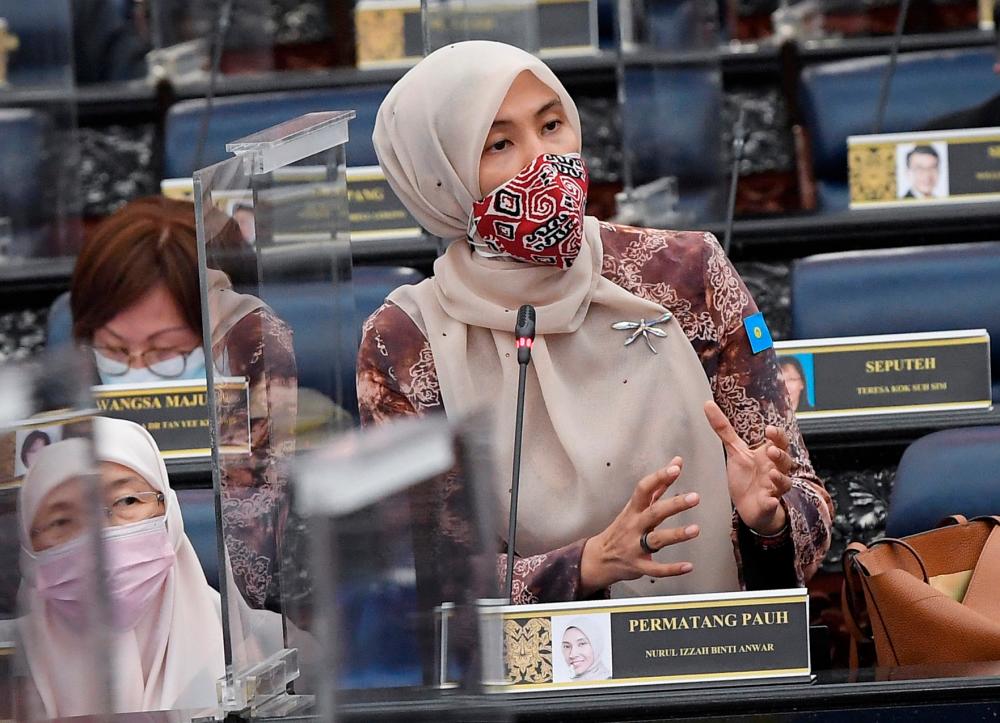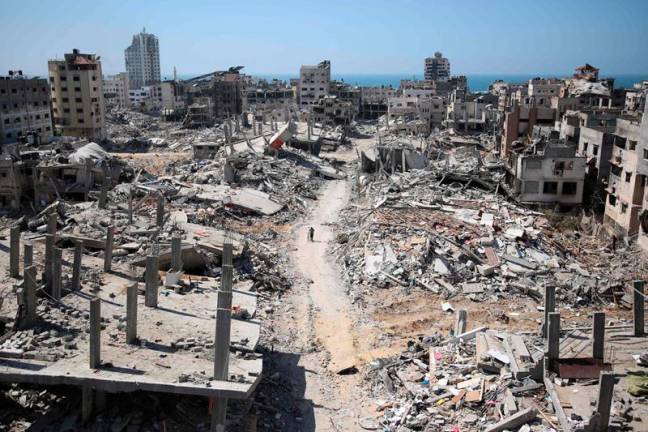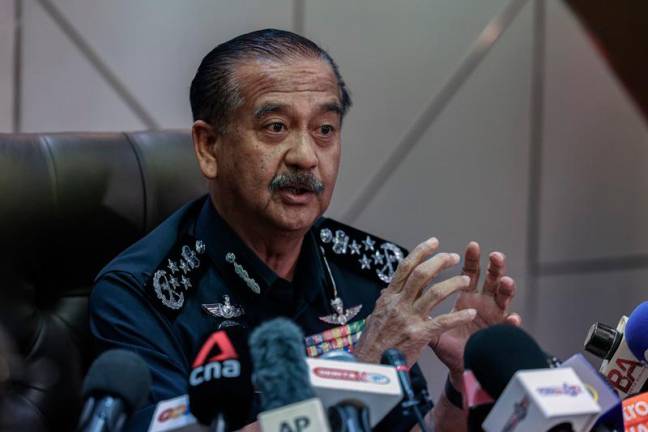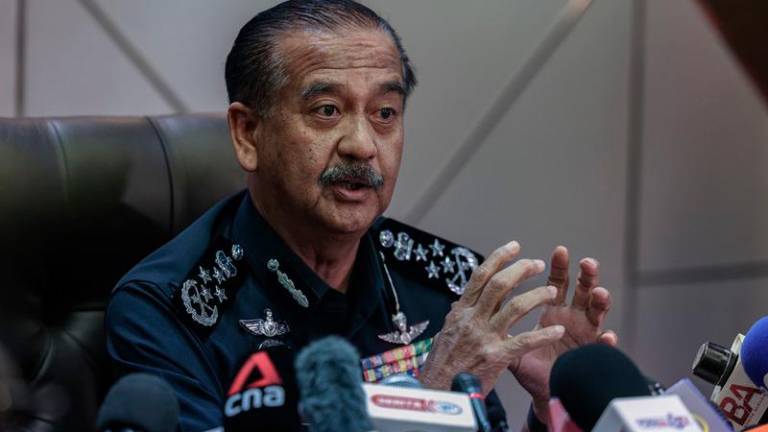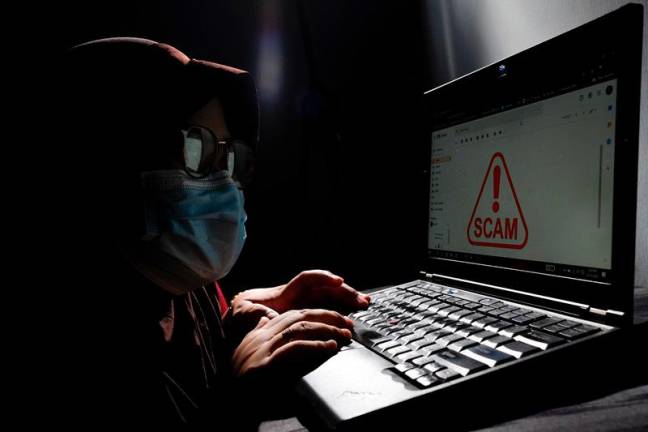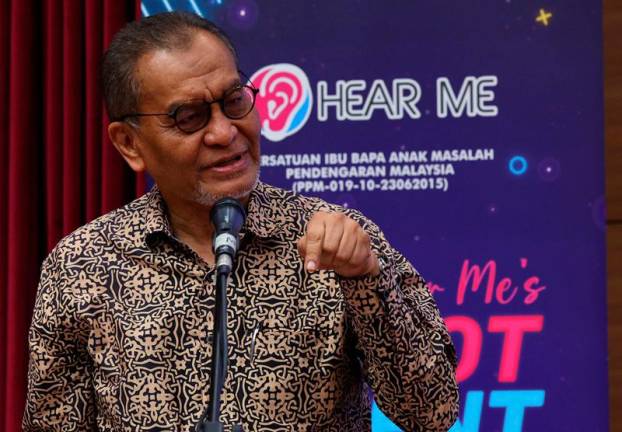KUALA LUMPUR: Policymaker and women’s health advocate Nurul Izzah Anwar (pix) has called for multistakeholder engagement to eliminate cervical cancer.
Speaking when she officiated at the Global HPV (Human Papillomavirus) Consortium on Tuesday, she said the HPV vaccination rollout among 12 to 15-year-old girls had reached 90% from 2010 to 2020.
“This is due to the significant commitment from the Health Ministry and government agencies to effect vaccine deployment,” she said.
“Although the programme slowed during the Covid-19 pandemic, the government is now renewing efforts to restart it and ensure effective catch-up for girls who missed the HPV vaccination during the pandemic.”
Nurul Izzah said recent data from Universiti Malaya also showed that collective efforts in the last 10 years have resulted in a 90% reduction in vaccine-targeted HPV types 16 and 18, “which is a truly remarkable feat”.
She added that she was moved to action in 2019 when she began to work closely with the NGO ROSE programme founder in Malaysia, Prof Woo Yin Ling, on the adoption of HPV DNA self-sampling for cervical screening.
“I visited a woman from a remote village in Borneo, who was hospitalised after being diagnosed with advanced cervical cancer. She had been bleeding for months but was too embarrassed to seek help.
“The cost and time needed to travel to the district hospital, which was about three hours away, also weighed heavily on her.
“Due to these factors, the woman carried on silently, hiding her pain, bleeding and tired, walking hours each day with a small child on her back to tap rubber and provide for her family.
“By the time she was diagnosed, her cancer had advanced, and despite the best efforts by her medical team, she died a few months later. This encounter left a profound effect on me and my team,” said Nurul Izzah.
As a mother, she stressed how important it is to protect children from preventable diseases, including HPV-related cancers. Hence, she vaccinated her children.
In calling on policymakers and stakeholders to ensure children in Malaysia are protected from preventable HPV-related cancers, she said the “whole-of-society” approach adopted in Malaysia for cervical cancer elimination is important.
She said since 2019, government stakeholders, academics, policy experts and NGO have come together to ensure an effective transition to high-precision HPV DNA self-sampling for cervical screening.
She added that much has been achieved in Malaysia through the commitment and hard work of Health and Women, Family and Community Development ministries, as well as efforts of ROSE.
However, Nurul Izzah stressed that efforts needed to be scaled up and accelerated if Malaysia is to be on track to effectively implement the “Action Plan towards the Elimination of Cervical Cancer in Malaysia 2021-2030”.
“Just one vaccination between the ages of 12 and 15, and two high-precision HPV DNA tests (delivered through self-sampling or do-it-yourself kits) in a woman’s lifetime can spare her the pain of having cervical cancer.”
She said the cost of the two interventions, which is about RM1,000, is a worthy investment to prevent a woman from developing cervical cancer.
Global HPV Consortium is a public-private movement to prevent HPV infection and eliminate cervical cancer, which is by far the most common HPV-related disease, as a public health concern.
Earlier, Nurul Izzah welcomed consortium delegates from Malaysia, Indonesia, Brunei, Egypt, Senegal, Nigeria, South Africa, Malawi, Brazil, Argentina, India and Singapore, among others.



